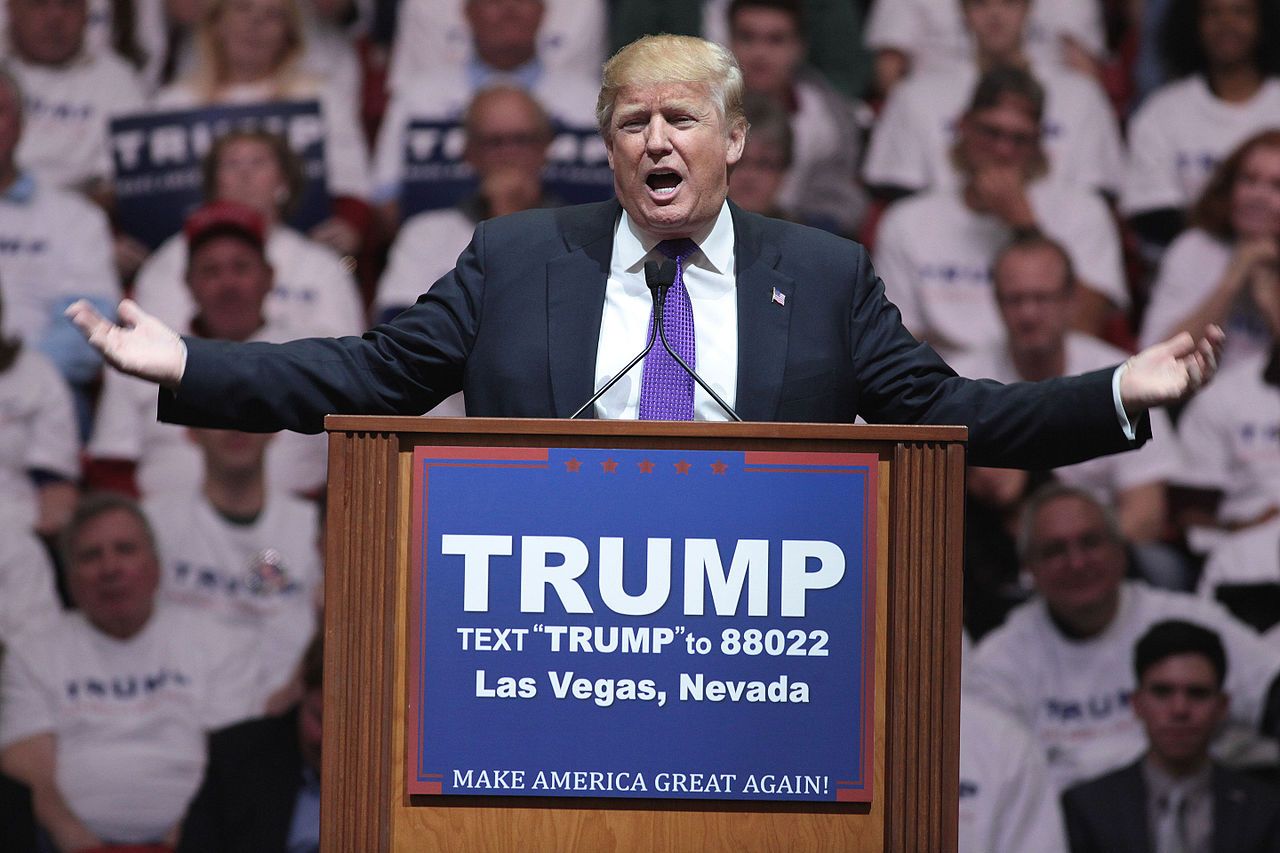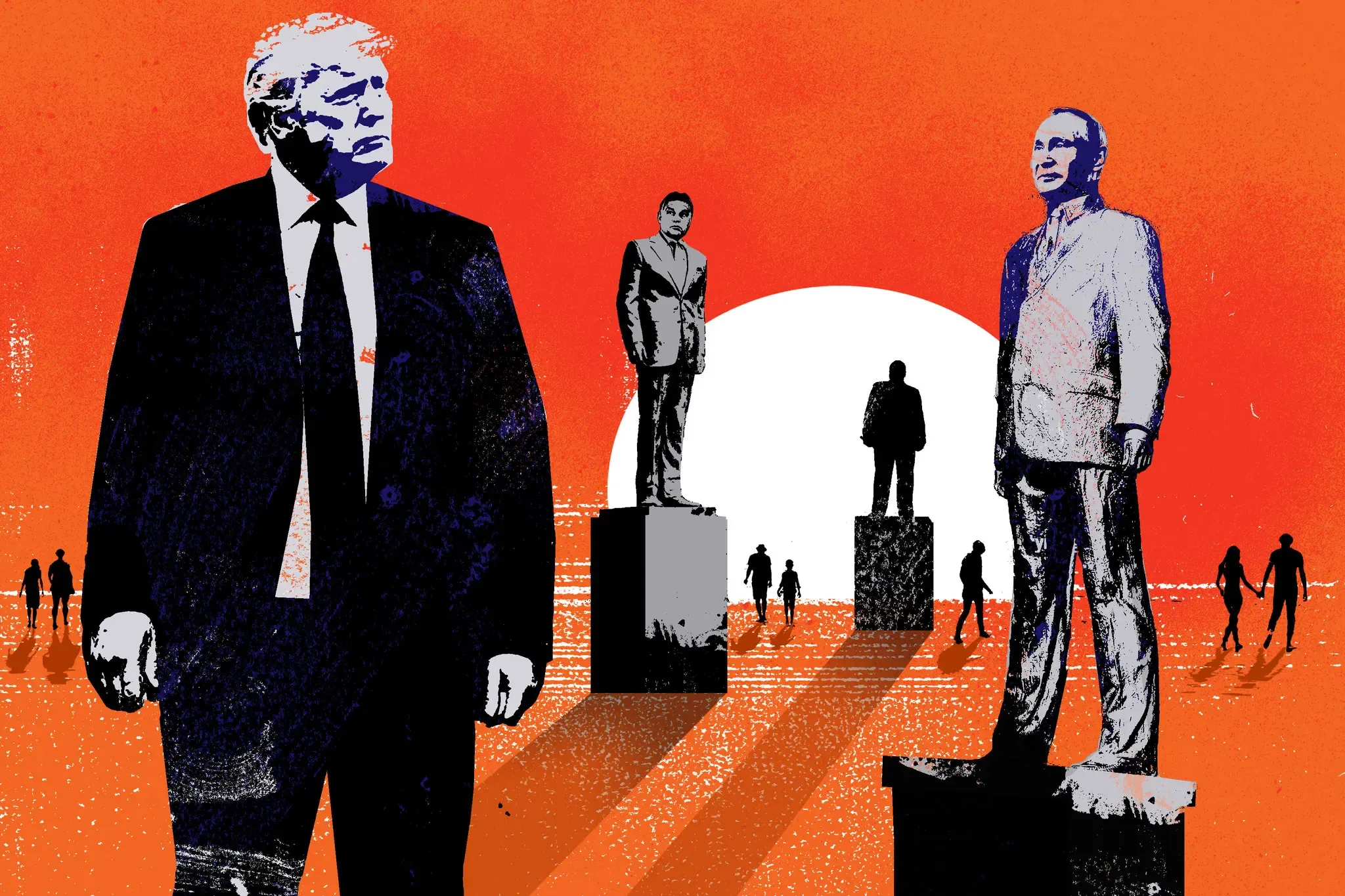This is a free preview of what you’ll get from the Resolute Insider, our subscriber-only newsletter provided to Resolute Square Members. Click here to learn about the great benefits of membership. If you're already a member, thanks!
On November 8th, our nation cast and counted ballots electing leaders of our state governments and national legislative institutions. We typically assume who wins and loses will determine the policy direction of our ship of state until the people render judgment in the next election cycle. But we often forget that acceptance by those who lose elections, and the willingness of their supporters to consent to be governed, determines the fate of the Great American Experiment of Democracy.
Many years ago, I was asked to travel to Nigeria. They were preparing to hold their first free elections after more than a decade of military rule. Previously, the nation had fallen into a pattern. First, an election would be held. Then, a transition would occur and afterward, inevitably, the losing side would become unwilling to consent to be governed by the victors empowered through democracy. When this happened, violent conflicts would ensue and democracy would succumb to authoritarian military rule. My role was to travel the country to meet with the leaders of the three main political factions to try and find common ground whereby there would be acceptance of the results.
One evening in a far-flung rural state, I sat having dinner with three men who had fought each other in the nation's last civil war. As we talked, an old man with dark steely eyes focused directly on me. He said little as I spoke. Occasionally, I found myself uncomfortably glancing at the long, brutally deep scar that extended from his forehead to his jawline. Then, breaking his silence, he said something which changed how I understood politics, elections, and democracy abroad and at home.
"You must understand," he began, "Nigeria isn't like America. Here, the success of our elections resides on those who win power realizing they must govern, so those who fear their power will accept the results. Having faith, they will do so is the only way other than military rule by force to keep the peace."
As events unfold here at home in the coming days and during the next two years after the midterms, there is a simple question you should be asking yourself. One that is particularly salient when your candidates win. The query will determine if our nation continues to reaffirm the democratic dreams of our founders or continues the slide toward the non-democratic future we have recently witnessed.
Ask yourself, does what I am witnessing increase faith in each other, or does it increase fear of one another? The question is not about us as much as it is about our fellow Americans on the losing side of what is taking place. If the answer is "faith," we are moving towards the continuation of our founders' dream. If you conclude the answer is "fear," we are heading toward extinguishing democracy's light.




